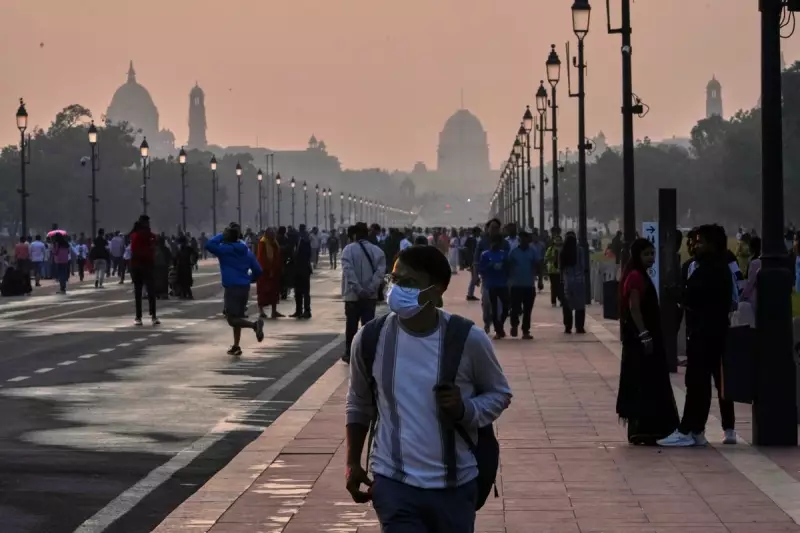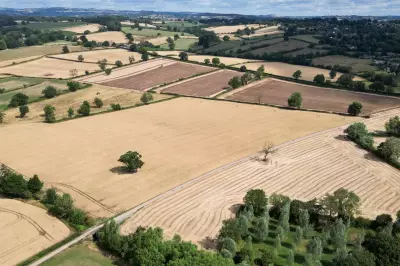
India's Supreme Court has issued a stark warning about Delhi's toxic air pollution, stating it could cause "permanent damage" to people's health as the city experiences its third consecutive day of severe air quality.
Court urges virtual hearings amid pollution crisis
Justice PS Narasimha directly addressed lawyers during proceedings, questioning why they had physically attended court when virtual facilities were available. The judge emphasised the severity of the pollution crisis, stating that even protective masks were "not enough" to provide adequate protection against the hazardous air.
Delhi's air quality index registered at 425 on Friday 14 November 2024, firmly placing it in the "severe" category and triggering the third phase of restrictions under the government's Graded Response Action Plan.
Major pollution sources and government action
The Supreme Court has taken direct action to address one of the key contributors to Delhi's winter smog - stubble burning in neighbouring states. The court has directed the governments of Punjab and Haryana to file status reports detailing their efforts to curb agricultural burning practices.
Delhi's recurring toxic haze results from multiple factors including vehicle exhaust, industrial emissions, crop-burning smoke, and stagnant weather patterns that prevent pollutants from dispersing. Particularly concerning are the levels of PM2.5 - fine particulate matter that can penetrate deep into lungs and bloodstream.
Current PM2.5 concentrations frequently exceed World Health Organisation safety guidelines by more than 20 times, creating a public health emergency that affects millions of residents across India's capital city.
Long-term health implications
Medical experts have repeatedly warned about the serious health consequences of prolonged exposure to such poor air quality. The Supreme Court's concern about permanent damage reflects growing evidence linking severe air pollution to respiratory diseases, cardiovascular problems, and developmental issues in children.
The situation has become so critical that even the country's highest judicial authority is recommending remote work arrangements to protect people from the immediate health risks posed by the toxic air.





